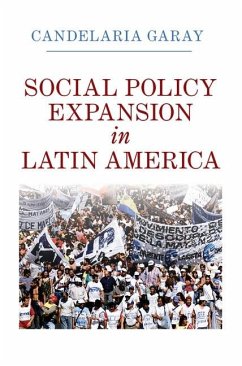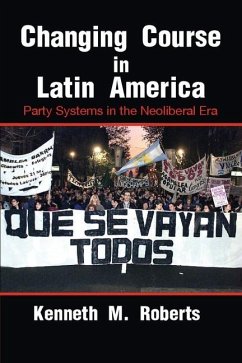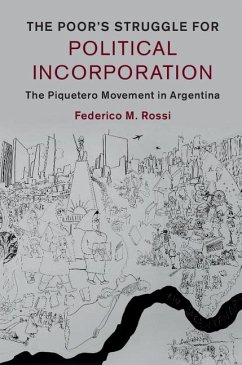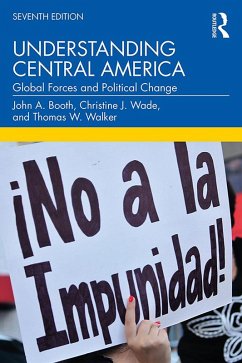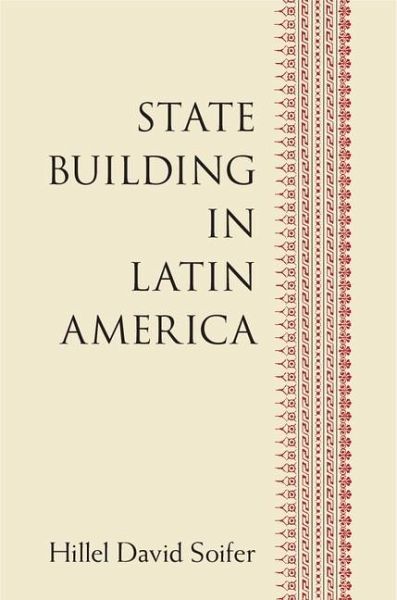
State Building in Latin America (eBook, ePUB)
Versandkostenfrei!
Sofort per Download lieferbar
18,95 €
inkl. MwSt.
Weitere Ausgaben:

PAYBACK Punkte
9 °P sammeln!
State Building in Latin America diverges from existing scholarship in developing explanations both for why state-building efforts in the region emerged and for their success or failure. First, Latin American state leaders chose to attempt concerted state-building only where they saw it as the means to political order and economic development. Fragmented regionalism led to the adoption of more laissez-faire ideas and the rejection of state-building. With dominant urban centers, developmentalist ideas and state-building efforts took hold, but not all state-building projects succeeded. The second...
State Building in Latin America diverges from existing scholarship in developing explanations both for why state-building efforts in the region emerged and for their success or failure. First, Latin American state leaders chose to attempt concerted state-building only where they saw it as the means to political order and economic development. Fragmented regionalism led to the adoption of more laissez-faire ideas and the rejection of state-building. With dominant urban centers, developmentalist ideas and state-building efforts took hold, but not all state-building projects succeeded. The second plank of the book's argument centers on strategies of bureaucratic appointment to explain this variation. Filling administrative ranks with local elites caused even concerted state-building efforts to flounder, while appointing outsiders to serve as administrators underpinned success. Relying on extensive archival evidence, the book traces how these factors shaped the differential development of education, taxation, and conscription in Chile, Colombia, Mexico, and Peru.
Dieser Download kann aus rechtlichen Gründen nur mit Rechnungsadresse in A, B, BG, CY, CZ, D, DK, EW, E, FIN, F, GR, HR, H, IRL, I, LT, L, LR, M, NL, PL, P, R, S, SLO, SK ausgeliefert werden.





